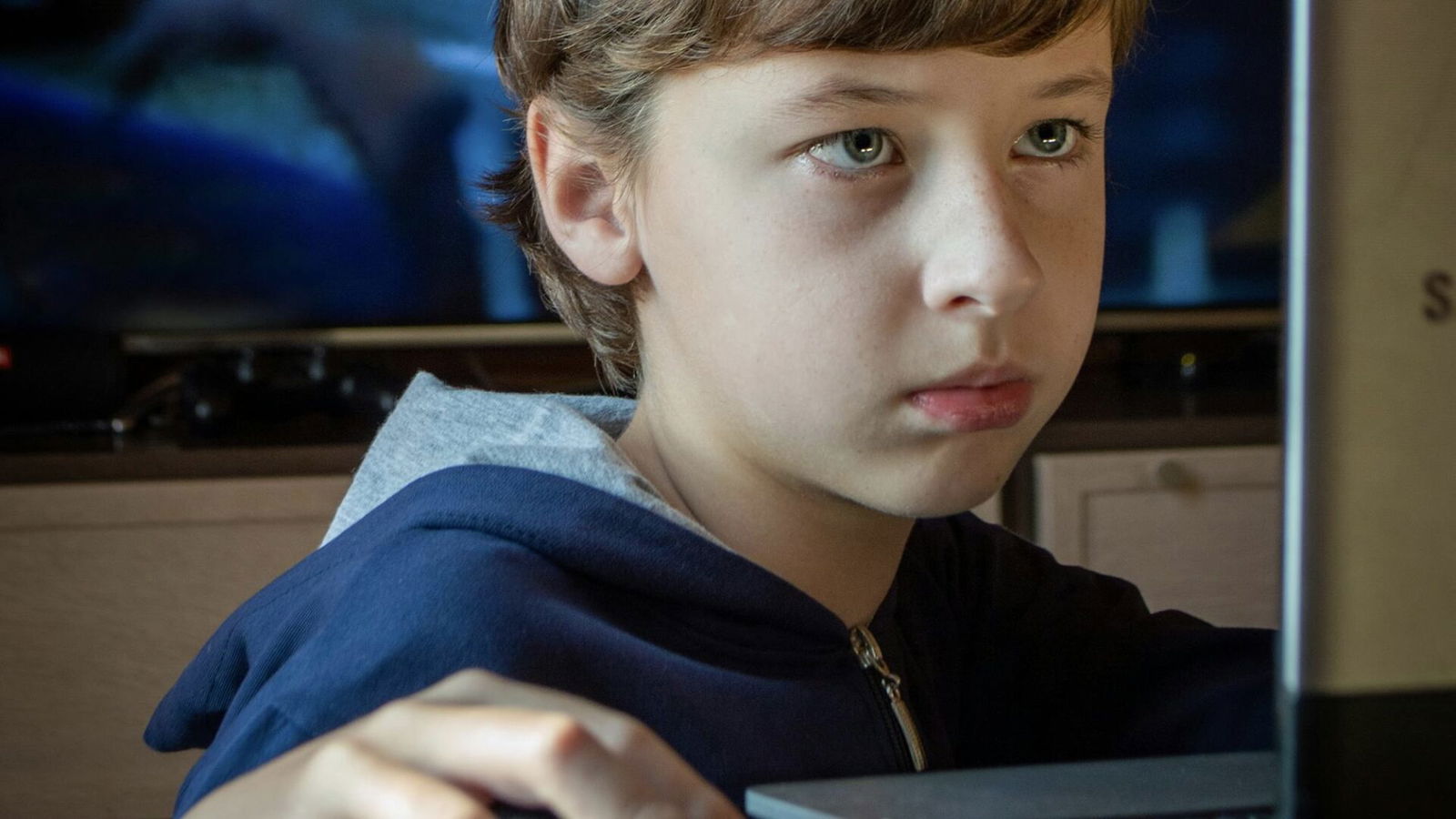
By Kayla DeKraker
Children aren’t safe from explicit and pornographic material online, but organizations like the National Center on Sexual Exploitation are working to change that.
“Our mission really is to prevent sexual abuse and exploitation at mass scale. We want to go upstream stop the problem before it ever starts,” Haley McNamara, NCOSE’s Senior Vice President of Strategic Initiatives and Programs, told Movieguide®’s Kaelii Williams. “That means that we’re launching litigation, civil lawsuits, on behalf of survivors.”
The group also works to “do public policy at the federal and state level” and engages with big tech “to improve so that they can address issues of sexual exploitation.”
While children aren’t allowed access to physical explicit materials, the standards are lower when it comes to the internet.
Related: Can Legislation Stop Deepfake Porn?
“If you’re walking into a store, you a child would not be allowed to purchase pornography from a brick-and-mortar company,” McNamara said. “But because of the online space, that same protection for children hasn’t been extended online, and we’ve seen so much research about the harms to children.”
Because of the internet, porn’s reach and destructive impact is massive.
As Dr. Baehr writes in The Media-Wise Family:
As the internet grew from being merely a service for sending text data by modem into the primary video delivery method for the mass media of entertainment, its use for spreading pornography has become ubiquitous. The quantity, and high definition quality of, pornography has exploded and one of the results has been a growth in human sex slave trafficking. As the number of men driven to the depths of pornography soars, so too does the demand for “something more.”
The American College of Pediatrics revealed that “54% of teens had seen pornography by the time they were 13 years old and 15% prior to 11 years old. Thirty-nine percent of boys and 23% of girls have seen scenes of sexual bondage online and 15% of boys and 9% of girls have seen images of child pornography online.”
But McNamara has hope. States are passing legislation to protect kids online.
“There’s been the App Store Accountability Act, which has passed in two states so far, that is trying to make sure that app stores prevent minors from downloading harmful apps,” she said.
She also urges parents to be proactive in discussing these issues with their children.
“Parents do need to be proactive in talking to their children about these harms. We can’t afford to have the ‘not my child syndrome’ about this issue, because even if you have a child who respects your rules and you have every filter on, you never know what their friend might expose them to,” she said.
Together with organizations like NCOSE, parents, legislators and communities can work together to protect our children from the dangers of explicit content online.
Read Next: Expert Reveals How To Protect Your Children Online
Questions or comments? Please write to us here.


 - Content:
- Content: 

